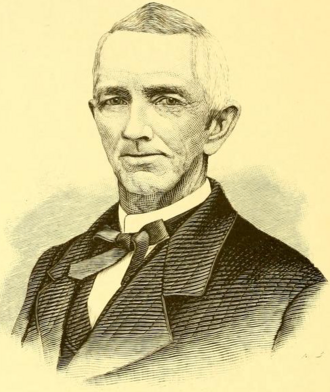Discover Your Roots
SIGN UPDiscover Your Roots
SIGN UPLycurgus is a male name of Greek origin that means "Wolf". In Greek mythology, Lycurgus was a legendary lawgiver of Sparta, credited with shaping the city's political, economic, and social structure to create a military-oriented society. However, the historicity of Lycurgus is debated, with no concrete evidence regarding his existence or the timeline of his life. The reforms attributed to him, such as the creation of the Spartan constitution and the imposition of the Spartan mess halls, are shrouded in myth and lack concrete attribution to Lycurgus. Despite the uncertainty surrounding his historical existence, Lycurgus and his supposed reforms have been praised by both ancient and modern scholars as they have been constantly reinterpreted and used to justify various political and social actions in Spartan society.

Lycurgus J. Conner (November 17, 1909 – May 28, 1963) was a prominent figure in the legal and political realms. Hailing from Chicago, Illinois, Conner obtained his bachelor and law degrees from the esteemed University of Chicago. Throughout his career, he made significant contributions as a lawyer, judge, and state legislator, representing the Democratic Party. Notably, Conner served as an assistant probate judge and later as a member of the Illinois House of Representatives from 1961 until his untimely passing in 1963 due to cancer. His dedication to public service and his involvement in the United States Army during World War II, notably in the judge advocate general office, left a lasting impact on those he served. Conner's legacy continues to be remembered and honored for his commitment to the law and his contributions to the state of Illinois.

Lycurgus N. Phillips (March 28, 1822 – January 13, 1892) was a prominent American politician and judge hailing from Maryland. He gained recognition for his noteworthy service as a member of the Maryland House of Delegates, representing Frederick County from 1872 to 1874. Phillips was a versatile figure, aligning himself with the Whig, American, and Republican parties throughout his career. His contributions extended to his involvement in the constitutional convention, as well as his role as a judge of the orphans' court in Frederick County. Furthermore, he participated as a delegate to the 1884 Republican National Convention. In addition to his political endeavors, Phillips was engaged in farming and was a respected member of the Methodist community. His personal life was marked by his marriage to Joseph Biggs' daughter, with whom he had thirteen children. Phillips passed away on January 13, 1892, leaving behind a legacy of dedicated public service and commitment to his community.



All images displayed on this page are sourced from Wikipedia or Wikimedia Commons.We use these images under their respective Creative Commons or public domain licenses. Wherever applicable, author attributions and license information are provided. If you believe an image is used incorrectly or outside its license terms, please contact us so that we can review and correct the issue.